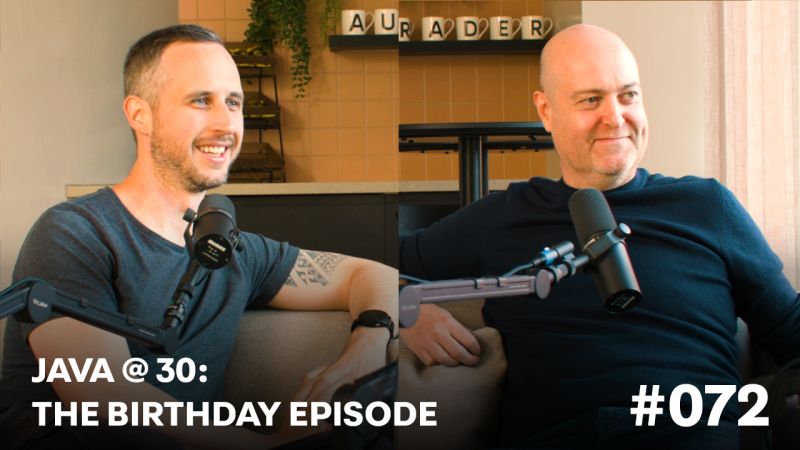A government scheme to spend £150m on broadband infrastructure to create 22 "super-connected cities", championed by George Osborne, has been dramatically scaled back following legal challenges. The plan to help cities build superfast internet connections to homes and businesses not served by BT and Virgin Media's existing networks has been reduced to a voucher scheme, the government confirmed on Tuesday, to be spent in areas where connections already exist.
The original scheme, repeatedly highlighted by Osborne in budget statements, was intended to deliver speeds of between 80 and 100 megabits per second to 22 cities, helping 1.7m households and 200,000 premises by 2015, as well as high-speed wireless broadband for 3 million residents.
While it is understood the wireless broadband element will go ahead, BT and Virgin Media brought a legal complaint against the fixed line element of the project because it could have benefited rival companies. The government then decided to drop its application to Brussels for approval to spend state funds on the scheme. Now the money will be spent giving small business vouchers to pay for installation of faster broadband. According to consultation documents published by the Department for Culture, Media and Sport, the minimum speeds funded will be lower than originally planned, at over 30 Megabits per second.
Companies with up to 249 employees, and a turnover no greater than €50m (£42.4m) per year or a balance sheet of no more than €43m, will be eligible.
Source: The Guardian








